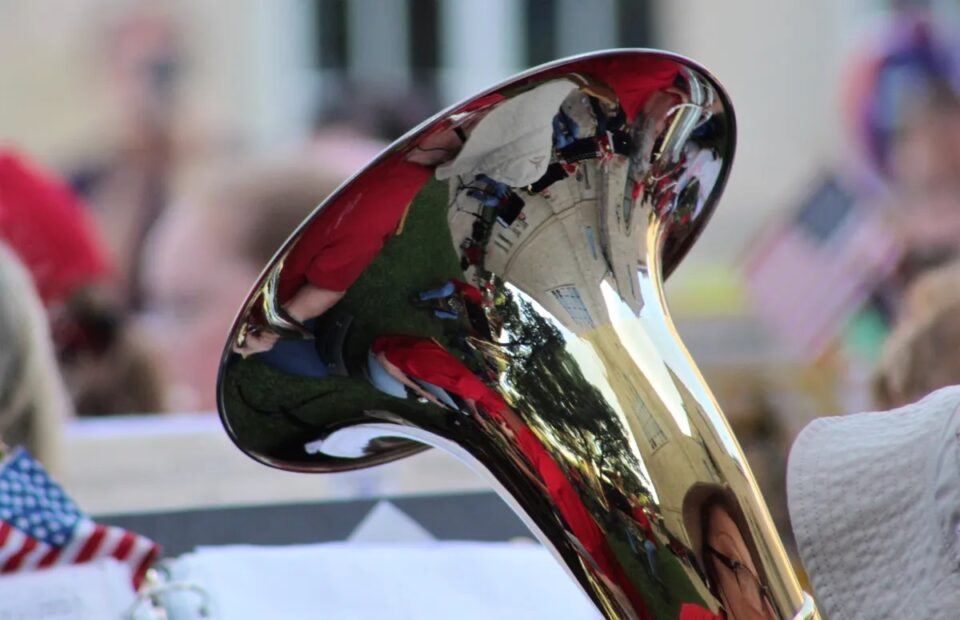Denver is located in the western part of the United States, in Colorado, east of The Rocky Mountains. Denver’s vibrant music scene and diverse culture draw inspiration from various genres, including country, hip-hop, rock, and jazz. Brass bands have a rich and diverse history in the United States, and Denver has played an important role in this musical legacy. From the early 20th century to today, brass bands in Denver have brought people together, provided entertainment and community, and celebrated the city’s cultural diversity. This article will explore the history of Live Brass Band in Denver, Co, from their origins to their present-day influence.
Origins of Brass Bands in Denver
Brass bands have a long and storied history in the United States, dating back to the 19th century. The first was military bands composed of soldiers who played brass instruments to provide music for military ceremonies and parades. In the years following the Civil War, brass bands became more prevalent in civilian life and began incorporating a more comprehensive range of musical styles.
In Denver, brass bands emerged in the early 20th century as the city grew and developed its unique cultural identity. Many early bands were associated with specific neighborhoods or ethnic groups and played music that reflected their cultural heritage.
The Rise of Jazz and Swing
As jazz and swing music became more popular in the 1920s and 1930s, many brass bands in Denver began incorporating these styles into their repertoire. The arrival of radio and the recording industry also had a profound impact, as bands could now reach a wider audience and record their music for posterity.
Community and Entertainment
Throughout the 20th century, Live Brass Band Denver, Co, was an important part of the city’s cultural life. They played at weddings, funerals, parades, and other community events, providing entertainment and bringing people together. They also had a strong community focus, providing music lessons and other programs for young people.
In the 1960s and 1970s, brass bands in Denver began incorporating more diverse musical styles, reflecting the city’s growing cultural diversity. Latin jazz and salsa music became popular, and brass bands began incorporating these styles into their repertoire.
Brass Bands Today
Today, they are an important part of Denver’s cultural life. Many of the city’s most famous brass bands are associated with specific neighborhoods or communities and play music that reflects their cultural heritage.
The Future of Brass Bands:
In addition to providing entertainment and community, brass bands in Denver have also helped to promote cultural understanding and unity. These bands have brought people from different backgrounds and communities together through their music, fostering a sense of commonality and shared experience.
Looking to the future, it is clear that they will continue to be an important part of Denver’s cultural life. As new generations of musicians emerge, they will build on the legacy of those who came before them, incorporating new styles and techniques while remaining true to the traditions of brass band music.
Ultimately, the history of brass bands in Denver is a reminder of the power of music to bring people together and create a sense of community and belonging. Whether playing in a parade or a concert hall, these bands have left an indelible mark on the city’s cultural landscape, and their influence will continue to be felt for generations to come.
Conclusion:
The history of brass bands in Denver is a testament to the city’s rich cultural diversity and musical heritage. From the early days of military bands to the present-day brass bands that play a wide range of musical styles, brass bands in Denver have brought people together, provided entertainment and community, and celebrated the city’s unique identity. Today, they continue to be an important part of Denver’s cultural life, and their influence can be heard in everything from jazz and swing music to Latin jazz and Mexican music. As Denver continues to grow and change, it is important to remember and celebrate the city’s musical legacy and the important role that they have played in shaping it.

